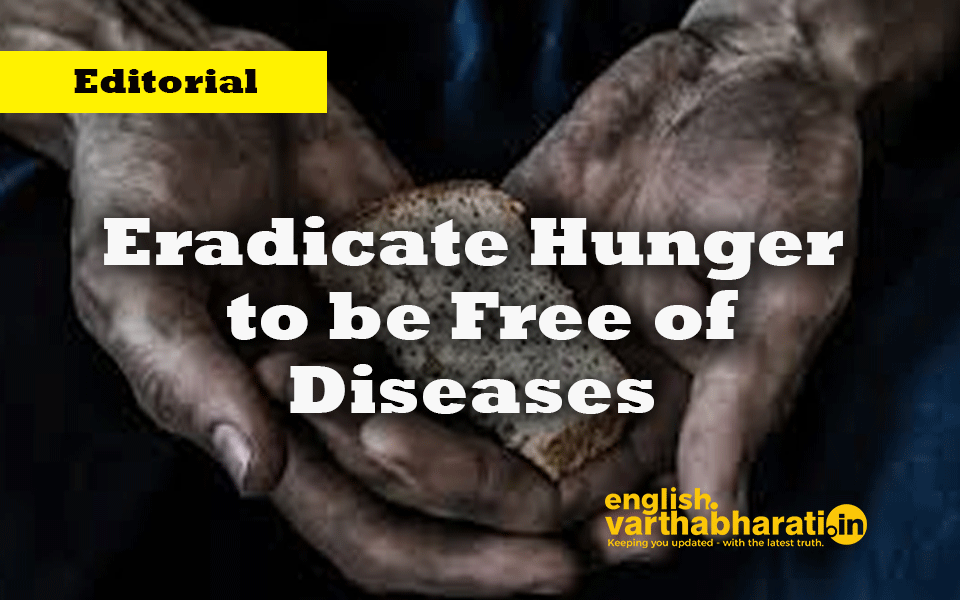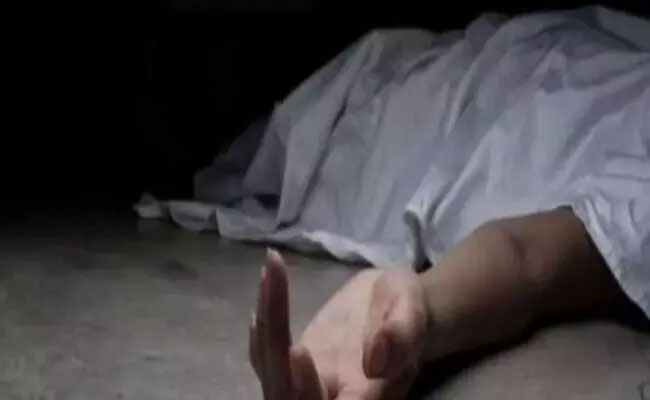This is not the first time that hunger has become newsworthy in India. In post-independent India, though all governments launched a war against hunger, each time hunger won the war. Right from Indira Gandhi’s ‘Garibi Hatao’ to Vajpayee’s ‘Roti Aur Kapda’, political parties have used the promise of hunger eradication for electoral gains. Realizing that it is difficult to mobilize votes around the issue of hunger, the BJP used other emotional issues to reap electoral gains. With political parties understanding that it is easy to win elections by spreading hate instead of distributing food, ‘hunger’ moved to the bottom of the list of priorities of manifestos of political parties. With those claiming to have distributed food to the poor at low prices losing elections and those citing ‘Ram Mandir, Pakistan, Patel statue’ winning elections, governments progressively started reducing funds allocated to the poor.
As a result, the world’s tallest statue has raised its head in the country. Speedy projects are being planned for bullet trains. The foundation stone has been laid to build the Ram Mandir. Preparations are now on to bring to the forefront the controversy around the Krishna temple. All this is being done using the media to make people believe that the country is moving towards becoming a world leader. At the same time, India has performed poorly in the Global Hunger Index (GHI). Last year if India was ranked 102nd in the GHI, this year it has improved its position to the 94th rank. Ironically, neighboring Pakistan is in the 88nd rank. The increase in the number of the hungry people in India has surpassed that in Pakistan. The report has also shown that India’s performance is worse than Bangladesh’s. During the UPA administration, malnutrition rates in India had crossed 45 per cent. Now, under the leadership of Prime Minister Narendra Modi, hunger continues its unstoppable victory march.
The moment India’s poor performance in GHI was announced, several experts started criticizing the government’s neglect towards malnutrition. And as usual, the government is blaming ‘Coronavirus’ for its failures. But the truth is beyond that. For the last ten years, all government programmes have focused on the rich. With the belief that the prosperity of the corporate sector translates to the prosperity of the country, the government has forgotten that the poor are part of the country’s development. This government has adopted global attention and investments in mega projects as its development criterion. The massive Patel statue and bullet train projects are a part of this agenda to attract global attention. Demonetization, GST, and lockdown have weakened the foundation of the Indian economy. The government’s wrong decisions destroyed rural industries, medium sized industries, and the retail economy. Digitization and Aaadhar card deprived the poor of the welfare benefits provided by the government and it became impossible for some of them even to avail themselves of the Public Distribution System (PDS) food grains. The stories of those who died having been deprived of rationed food as they had no Aadhar card were splashed on the front pages of newspapers. With a faulty and inefficient PDS, the government’s new rules directly affected the poor.
Now, the government is citing the excuse of ‘Coronavirus’ for everything. The government is hiding the fact that hunger has been drastically increasing right from the days of demonetization. Natural calamities and epidemics are not new to the world. If the country had cared for its poor, designed the PDS efficiently, prioritized eradication of hunger, the nation need not have feared the Coronavirus. Even when the country was in a state of shock due to the hunger caused by the lockdown, the food grains in godowns were diverted for the purpose of producing sanitizers instead of reducing hunger. Experts have warned that hunger can trigger other diseases even if the Coronavirus disappears from our midst.
Doctors have already said that the Coronavirus is a disease that can spread to others quickly but it is not a deadly virus. If tuberculosis and Coronavirus diseases are compared, a country like India must fear tuberculosis more. The World Health Organization (WHO) said on Wednesday that the Coronavirus can destroy the country’s progress in the eradication of tuberculosis in the country. The WHO has expressed anguish that countries like India and South Africa that are most impacted by tuberculosis are diverting the funds allocated for tuberculosis for its battle against the Coronavirus. Even if Coronavirus ceases to exist, India’s health problems will not end. In the future, tuberculosis could become a huge problem due to two reasons. One, with the funds allocated for tuberculosis getting diverted to other services, accessing medicines and treatment would become increasingly difficult for those with tuberculosis. Two, with malnutrition the most important contributing factor for tuberculosis, increasing hunger could aggravate the problem of tuberculosis.
In such a situation, the government should change its dual stand with regard to the consumption of beef that has the benefit of offering maximum proteins. People affected due to the lack of food and suffering hunger pangs should have easy access to beef. The rest can be exported. The government’s acceptance of the consumption of beef as an integral part of the food system can lead to the reduction in malnutrition. The criterion for the identification of the poor should change. Comprehensive changes should be made in the distribution of food grains to make sure that food grains reach eligible families instead of letting them rot and consumed by worms in depots. The government should immediately understand that diseases can be won by winning over hunger. Otherwise, forget becoming a world leader, India might become a problem to the world due to the continued spread of diseases such as tuberculosis.
Let the Truth be known. If you read VB and like VB, please be a VB Supporter and Help us deliver the Truth to one and all.
Thane (PTI): Two minor girls were rescued after a prostitution racket was busted in Navi Mumbai, a police official said on Monday.
On a tip off about one Harish running a flesh trade racket, the Navi Mumbai Crime Branch started a probe on February 20, the official said.
"A decoy customer was sent to verify the information, following which a trap was laid in front of a hotel in Sector 11. The Anti Human Trafficking Cell nabbed Harish Vikas Chhari, a resident of Koparkhairane, while his associate Raj Singh is on the run. Two minor girls were rescued," the CBD Belapur police station official said.
A case has been registered under Bharatiya Nyaya Sanhita, Immoral Traffic (Prevention) Act, and Protection of Children from Sexual Offences (POCSO) Act, the official added.





